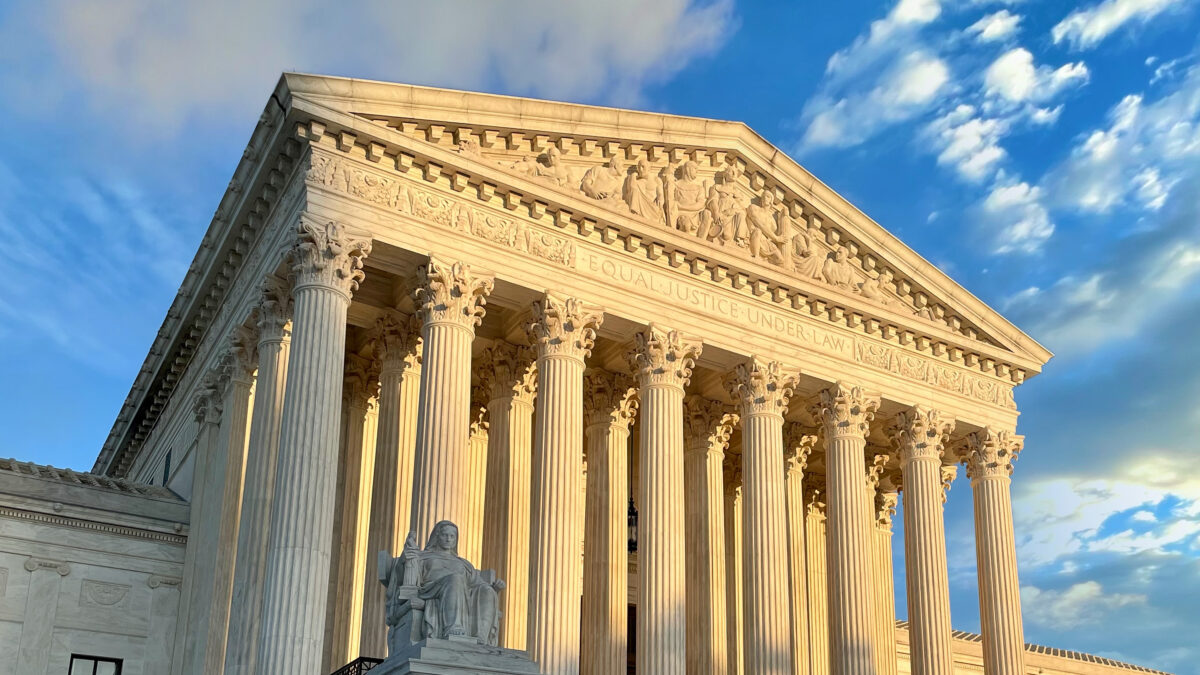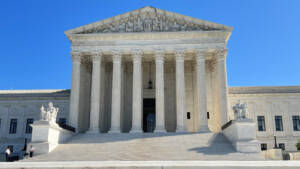Newsweek: Restore Accountability for Federal Agencies | Opinion
AFBF Staff

photo credit: Getty
The Supreme Court will soon decide a case that strikes at the very core of America's governmental structure: should the three branches—executive, legislative, and judicial—have equal powers, or will one branch be allowed to run roughshod over the other two—and the American people in the process?
In January, this issue was argued in two related cases, Relentless, Inc. v. Department of Commerceand Loper Bright Enterprises, Inc. v. Raimondo. These cases will determine whether a federal agency overstepped its bounds by requiring fishermen to pay the cost of having federal observers on their boats, even though Congress never explicitly authorized that requirement. But there is a bigger issue at stake with implications far beyond fishermen. The cases are a test of Chevron deference, a consequential legal principle that compels federal courts to defer to federal agencies' interpretations of the statutes they implement.
That's a lot of legal talk that boils down to this: Chevron deference multiplies the power of federal agencies and undermines the principle of separation of powers.
The Supreme Court established Chevron deference almost 40 years ago in the case of Chevron U.S.A., Inc. v. Natural Resources Defense Council, Inc., when it ruled that Congress had delegated clean air policymaking power to the Environmental Protection Agency (EPA). For four decades, administrations have used this precedent to issue an ever-growing number of regulations without clear backing in the laws written by Congress.
Chevron deference has eroded the responsibility of the legislative branch. Put another way, it encourages lawmakers to hit the easy button. What do I mean by that? The more specific a bill is, the more difficult it can be to pass in Congress. It's easier to pass vague laws and leave it to federal agencies to sort out how to implement them. But the heads of federal agencies are not elected by the people nor held accountable by voters, so conveying such power to them puts our government out of balance.
Chevron deference has also weakened the power of the judicial branch to check agency overreach. Under Chevron, lower court judges must defer to the legal interpretations of federal agencies even when the judges read the law differently.
In essence, Chevron deference has created a super-branch of government—the agency responsible for enforcing the law also has broad discretion to decide what the law means.
Read more in an opinion article written by AFBF President Zippy Duvall.
Top Issues
VIEW ALL

